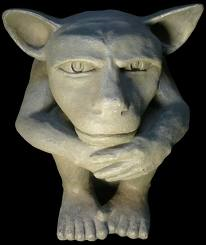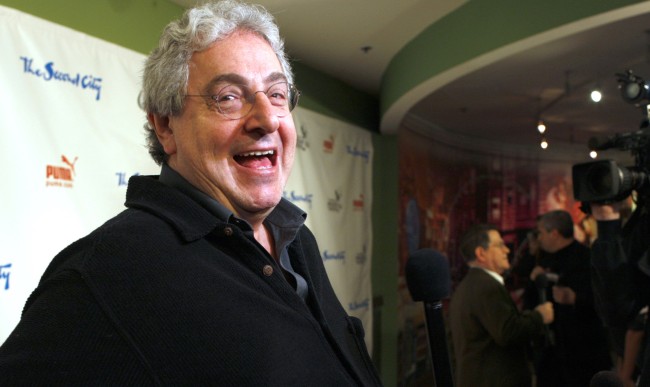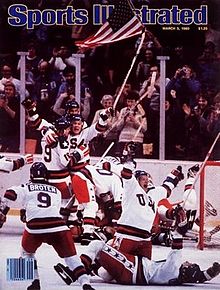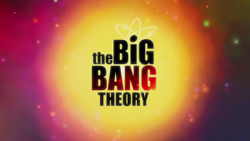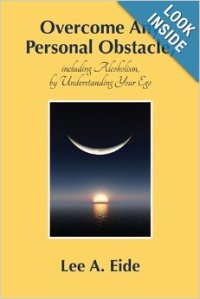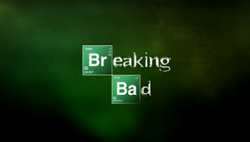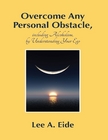God talks to me every day. In the morning. In the afternoon. At night.
God talks to me in many places: work, home, on the bus, on the golf course, in the bowling center at league bowling, at Stephen Craig’s (my best friend’s) house, on the tennis court, in movie theaters, in restaurants like The Bayside Tavern & Steakhouse (Red Wing, MN), and a host of other places.
No, I don’t hear voices per se. My definition of God is different than many people’s: God isn’t like the Greek or Roman god that lives on Mt. Olympus or up in some heavenly dimension overlooking us poor human schmucks. God is real but isn’t separate from the God-created universe. The Big Bang was a pivotal transition: God transformed itself from a being that wanted to create life into a being that was life.
In the bible, it is written “For where two or three gather in my name, there am I with them” – Matthew 18:20. To me, this means God’s latent existence in us all is made manifest when we ask for and allow God to help us do what should and needs to be done to improve our universe.
But we rarely ask for help because we”re convinced we have all the answers. Our arrogant ego separates us from potential help by assuring us we”ve got all the answers For example, mine assured me for several years it was in my best interest to get super drunk every night despite the considerable, seriously bad consequences. That was my dear, sweet wife Amy’s philosophy as well. She died at age 41 after her body gave out from alcohol-induced internal-organ failure. Our motto was, “I drink, therefore I am.”
In my recently-released and critically-acclaimed eBook, “The ‘Bad’ Path to Enlightenment – Learn from W.W. How NOT to Experience Nirvana” – https://gumroad.com/l/RglBe – the Dr. of Badology (i.e. – me) traces Walter White’s tragic fall to his misinformed, unenlightened view of the world. He adopts the traditional American economic of “every man (woman) for him or herself” and extends that to his view of life in general. He thinks it’s Walter White versus the universe instead of being in synch with the rhythms and energy of the cosmos. And look what happens to him throughout the insanely-popular and well-done cable TV series: While in some ways he benefits greatly from his increasingly-successful drug empire, in many ways, he makes himself and his loved ones miserable.
For the average person, they’re not building a meth empire while dying of lung cancer but their ego still tends to exact serious damage. A world view that says I’m over here and the rest of the world is over there or out there may not seem like a big deal but trust me, it is. I watched my beloved wife Amy die from a slow suicide via alcohol because although she knew drinking was killing her, she kept doing it because she associated her identity with getting drunk. I was doing the same thing and although I didn’t die because of my alcohol abuse, it wasn’t for lack of trying.
I get a kick out of people who’re “trying to find themselves” because they’re never going to succeed. There is no self that’s separate from everyone and everything else. It’s not you against the world. It’s you with the world/universe. But most people look at the superficial level, the physically separate bodies that we all have, and think that extends to a deeper separateness. I, and the Buddha and many other great spiritual leaders, including Jesus, believed and believe just the opposite. It’s known as “The Truth of Unity”. We’re all one spiritual and metaphysical body, united and unbroken. May you find peace, love and truth in your own unique but not disconnected life, brothers and sisters. May you be like my favorite gargoyle, Dedo, who simply sits placidly and takes it all, the One Life, in.



